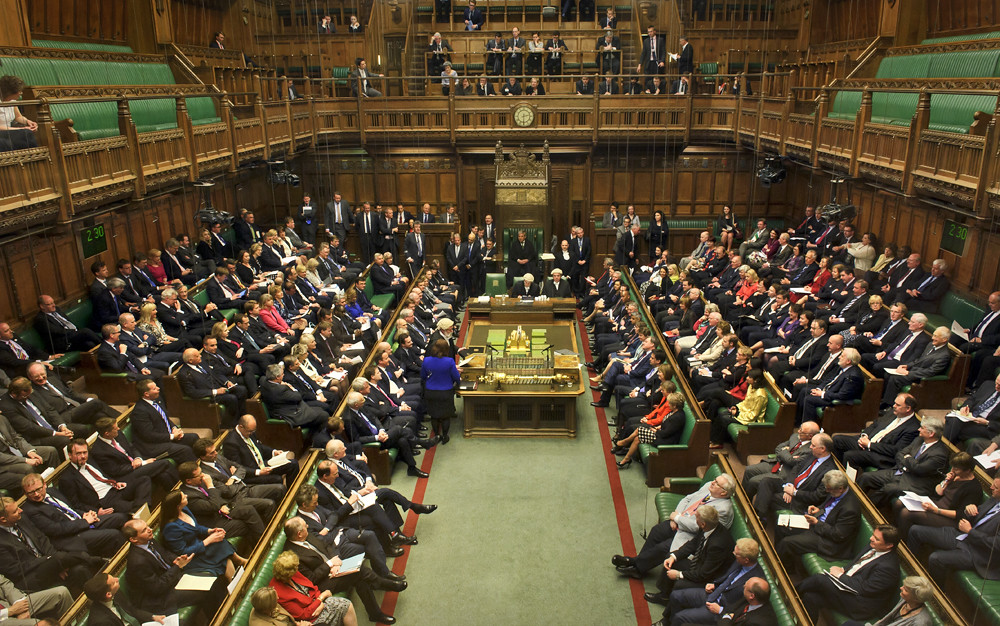LONDON (Parliament Politics Magazine) – The House of Commons has passed a new Economic Crime Bill to strengthen the government’s authority to target Russian oligarchs.
On Monday evening, the Economic Crime (Transparency and Enforcement) Bill received an unchallenged third reading and will now be considered by the House of Lords.
It was hurried through the Commons in the hopes of deterring Russian oligarchs from coming to the UK after Vladimir Putin’s invasion of Ukraine.
The bill’s goal is to make it more difficult for people to hide their riches in the UK, particularly from overseas, including criminals and anyone looking to hide illicitly acquired funds – particularly through purchasing property.
The bill has been delayed several times, and there was concern it may be dropped, but it was finally introduced last week after Russian invasion into Ukraine, and it was quickly passed through the first stages.
The bill is supported by the majority of opposition parties, although some MPs believe it has too many loopholes.
All proposed amendments, however, were defeated because of the government’s comfortable majority.
The following are some of the bill’s most important features:
Land ownership registers from the United Kingdom in other countries
The true owners of land or property in the UK purchased by people or corporations from other countries in the last 20 years would be named in a registry of overseas entities.
Overseas based shell companies currently own Several multi-million pound homes in the UK, making it impossible to determine who the true owner is.
Failure to identify the true owner of property would be a criminal offence punishable by up to five years in prison under the measure.
Investigators will have more authority.
Investigators would also be able to go after anyone who manages properties in complex offshore arrangements, even if they aren’t the intended beneficiaries.
And, as long as they operate appropriately and lawfully, the National Crime Agency will be shielded from excessive legal costs in pursuing these extremely affluent individuals.
Sanctions
Individuals would be simpler to sanction under the bill since they would no longer have to have broken sanctions law or be accused of doing so.
In comparison to other countries, such as the US, the UK has been chastised for sanctioning a small number of oligarchs since the invasion of Ukraine began. The government, on the other hand, claims to be doing everything it can.
Orders of wealth that aren’t explained
Unexplained wealth orders would be strengthened as well, requiring persons to explain how they acquired their fortune.
This is in the hopes of apprehending or stopping people accused of obtaining money through illegal or criminal ways.





